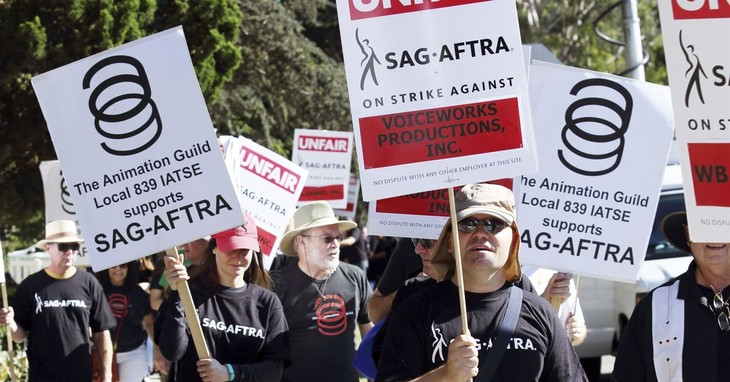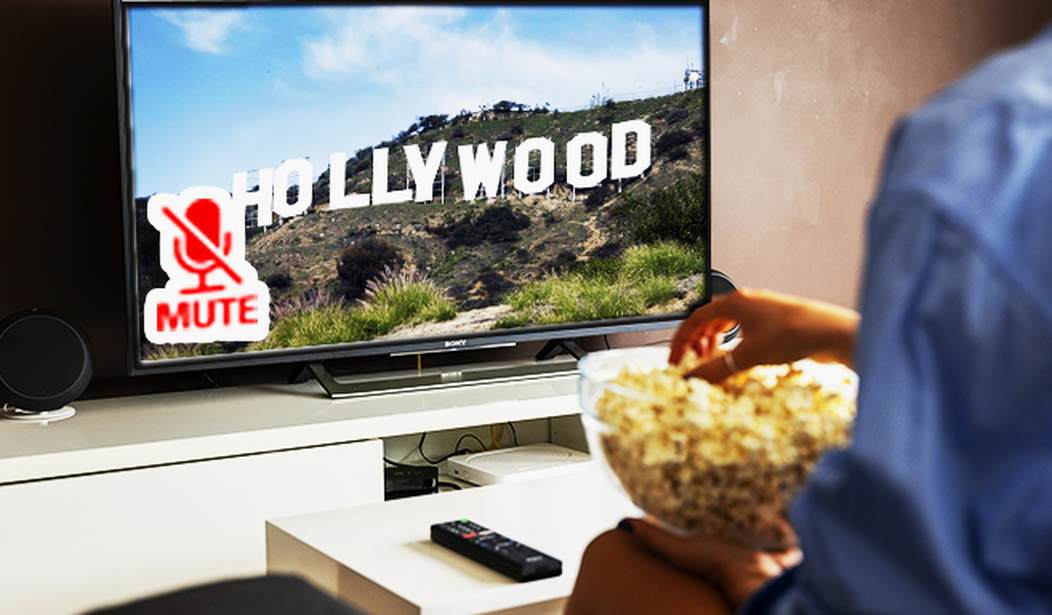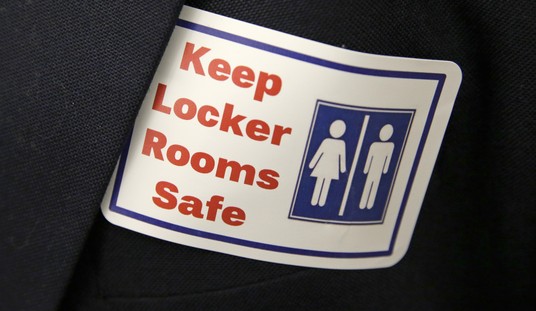After weeks of tense anticipation, the actors’ union walks off the job, effectively closing down Hollywood’s recycling plant.
It has been a tumultuous year already in Hollywood, and things are only getting more turbulent. At midnight it was officially announced that SAG-AFTRA – the collective unions of movie actors and broadcast performers – would cease working and are going on strike. This is taking place at the same time that the months-long WGA writer’s strike has also been in effect, the first time these two unions walked off the job at the same time since the 1960s.
While the WGA picket lines have been in effect, with little in the way of movement in negotiations taking place, that work stoppage has not had much of an immediate impact outside of some live television broadcasts, such as the late-night talk shows. That is because, in anticipation, studios and production companies went on a buying spree ahead of the strike, so this way, they had working material. The actors walking out means that everything comes to a tire-screeching halt.
The issues behind this are surprisingly numerous. Yes, salaries and long-term payouts are an issue. While the initial thought is these multimillionaires make enough, the reality is the union covers most dramatic performers. This involves almost all on-air talent, so it regards the pay of below-the-line characters, radio personalities, voice-over actors, stunt performers, dancers, and even those not seen on camera, such as those piloting aircraft or watercraft and puppeteers. These are not high-paid individuals, but the enormous swath of labor involved is an extremely high expense for studios.

Other issues echo the points of contention with the writers, but in different ways, of course. A primary issue is the matter of compensation with streaming services. Royalties and residuals for programs on these platforms are looking to have compensation become a negotiation item similar to those seen generations ago when syndication was an emerging reality. Streaming services are still somewhat veiled in revealing how much their content is viewed, and the unions want more transparency so proper compensation can be calculated.
The growing emergence of AI is another item to address. For the writers, this is an inherent threat, as the automated content creation is directly able to take work away from them. For the performers, the concern is computer-generated images or vocal work becoming a reality and wanting to be paid should there become auto-generated uses of their likeness.
There was a rather immediate reaction when the strike was finalized. In Britain, the cast of the upcoming Christopher Nolan film “Oppenheimer” (coming to US theaters next week) walked out of the red carpet premiere in London in a move of support for the strike. This was not simply a symbolic move; there are a wide array of limitations that union members must now abide by in order to adhere to strike conditions.
This list of the type of work that is now off-limits is extensive: on-camera work, off-camera work such as voice-overs, narration, singing, dancing, stunts, background and stand-in work, negotiations for future services, interviews, promotional appearances, film festival appearances, and even ancillary events such as Comic-Con are now forbidden. Also, anything constituting future or potential work is also off the table, so even things such as fittings, wardrobe tests, makeup tests, rehearsals, camera tests, scanning, interviews, and auditions cannot be done.
Things are structured with varying contractual levels and limits, meaning while work is curtailed for now, there are exceptions. Curiously not all projects are forbidden, so work may continue on content such as soap operas, reality shows, morning shows, talk shows, variety shows, and game shows, as well as union work in commercials, music videos, corporate or educational videos. A curious nexus of restrictions is seen with podcasts. Performers can still go on those shows, but they cannot do so while discussing work, specifically. They can also create their own new podcast content, so long as there is not a writer’s guild violation.
Whelp, the actors' strike means Hollywood is shutting down.
This only means the next logical move will be: pic.twitter.com/BZ5Z3UUYGY— Brad Slager: CNN+ Lifetime Subscriber (@MartiniShark) July 14, 2023
The main question in all of this becomes: How much will audiences even notice a Hollywood shutdown? The dark irony is that the central issue in the negotiations – streaming – could become a mitigating factor with audience pressure. In generations past, a loss of entertainment product could lead to customer pressure, and it would have certainly led to a sharp drop in revenues. With streaming, however, the viewing audience has become inured to a loss of newer offerings to a degree.
Cord cutting has become extreme enough that the import of broadcast television has been hobbled. A loss of new primetime offerings means that people will only be driven further to immerse themselves in streaming libraries. It is not as if we do not have options right now to turn to when we desire a viewing experience, as catalogs of films and shows are a button push away. But the nature of the industry in the years since streaming blossomed means we have another reason to not feel too distanced from products.
There has been so much reliance on sequels, remakes, reboots, spinoffs, and other cloned content with franchises that we are unlikely to be too impacted by a loss of “new” cloned titles. If there is a lack of a new “Fast & Furious” release, I guess that means we need to be content with the dozen or so previous films, which essentially recycled the same script. No new “Star Wars” content will arrive? Then I guess the plethora of franchised offerings from the past will need to suffice, be it the raft of motion pictures, the numerous series on Disney+, the affiliated content like “Clone Wars,” and more will have to do.
Hollywood is facing a summer of discontent, and the only drama they are going to be offering, at least for now, is in the histrionics seen with the negotiations. The real cliffhanger in this story remains: How much will the audiences even notice?













Join the conversation as a VIP Member